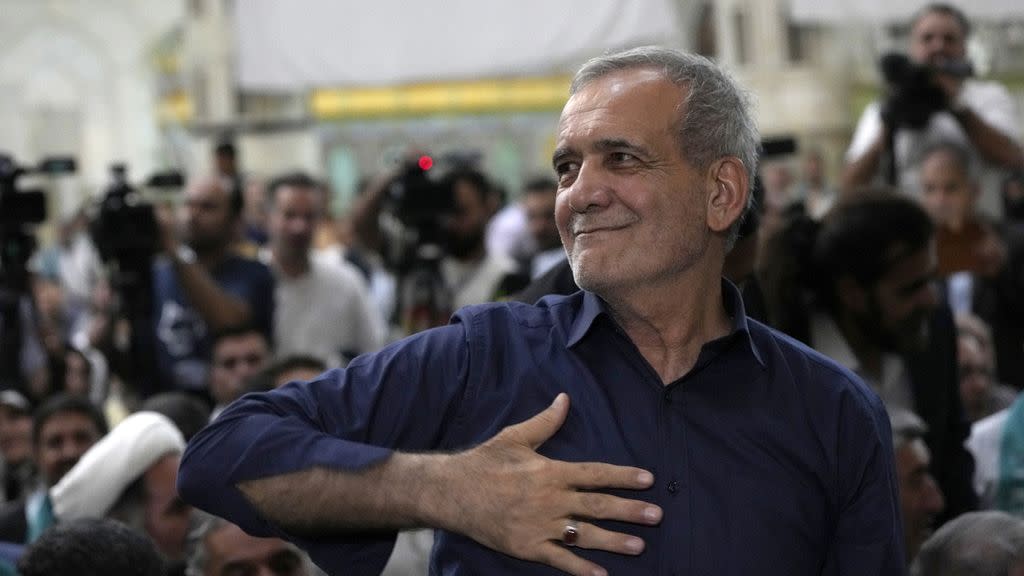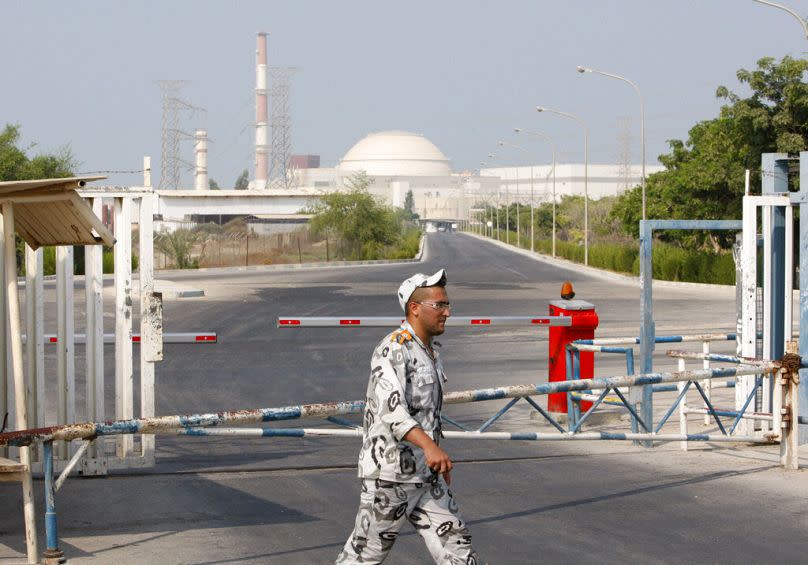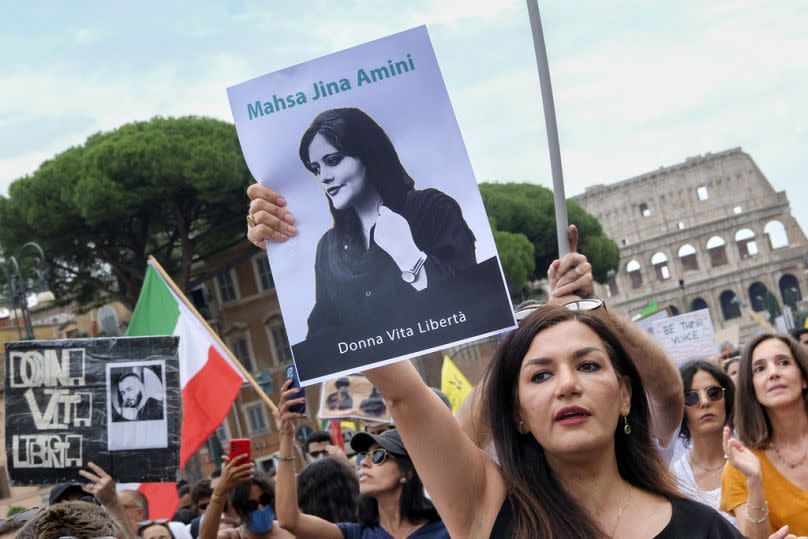How Europe will have to tread carefully with Iran's moderate new president

- Oops!Something went wrong.Please try again later.
Iranian president-elect Masoud Pezeshkian, a moderate by his country's standards, has promised to open up dialogue with Western powers however doesn't want radical changes to his country's Shiite theocracy.
To prove this point, the heart surgeon and long-time legislator went to the mausoleum of the late Ayatollah Ruhollah Khomeini, leader of the 1979 Islamic Revolution, to celebrate his victory in the country's recent election.
Majid Golpour, an expert in international politics and professor at the Free University of Brussels, says the decision to pay his respects to the Ayatollah was a clear signal.
"As soon as the results were published, the first place he chose to make a public announcement was the tomb of Ayatollah Khomeini," argued Golpour. "So it doesn't get any more conservative than that at the moment."
Golpour says that Pezeshkian has set his sights on a short-term agenda, and that for this, he is willing to "accept certain reforms and modifications that will allow him to work with those who don't get along so well with the Islamic Republic of Iran."
The new president has been selected after the shock death of former president Ebrahim Raisi, who died in a fiery helicopter crash in May. Raisi was seen as a protégé of the current Ayatollah, Alii Khamenei, and a potential successor as supreme leader.
Nuclear diplomacy
Pezeshkian will have to navigate a government still largely dominated by hardliners under pressure from the war between Israel and Hamas in the Gaza Strip, and face Western fears that the regime will enrich enough weapons-grade uranium to produce multiple nuclear weapons.
The 2015 Iran nuclear agreement, which was meant to curb the regime's enriched uranium programme has stalled since Donald Trump pulled out of it in 2018, and according to the United Nations, Iran's reserves of enriched uranium are now more than 20 times above the agreed limit.
The EU has reiterated its clear determination that "Iran must never develop or acquire a nuclear weapon". Along with implementing UN sanctions, the bloc has imposed its own restrictive measures in response to Iran's nuclear proliferation activities.

"The Islamic Republic is one step away from having an atomic bomb factory," argued Professor Golpour, "so we can no longer wait years and years, as Josep Borrell (former head of EU diplomacy) did.
"Europe must prepare its various dossiers in collaboration with the United States of America and, of course, the main players in the Middle East region, namely Saudi Arabia, Turkey, Egypt, Israel and the Arab countries that have their own interests in resolving these issues."
During the campaign trail, the Iranian presidential candidates discussed possible scenarios should Trump win this November's US election. Tehran has held indirect talks with the Biden administration, but there has been no clear move towards lifting economic sanctions.
The US State Department slammed the recent Iranian elections "neither free nor fair" and noted that "a significant number of Iranians chose not to participate."
Under pressure
The EU has also imposed sanctions against Iran because of myriad human rights violations. The bloc has adopted 10 packages in the last two years following the death of Mahsa Amini, who was arrested in 2022 because of the way she wore her headscarf and later died in police custody.
The president-elect has promised greater flexibility in implementing the headscarf law, but Golpour says the EU should be demanding more in this area.
"I believe that the most basic thing to ask for is a transparent dialogue on all the violations of individual, civil and collective rights that we see today and that have been described in reports by various European institutions."
"In this sense, the resumption of relations between the European Parliament and the Islamic Assembly must be conditional on the opening of these fields of freedom."

Meanwhile, Iran launched its first direct attack on Israel in April, following an Israeli attack on one of its diplomatic houses in Lebanon. In addition, militia groups armed by the Tehran regime - such as Lebanon's Hezbollah and Yemen's Houthi rebels - are involved in the fighting in Gaza and have stepped up their attacks in retaliation against Israel.
"We can ask the regional players to take stock of the devastating activities of terrorism and list the terrorist groups that are the focus of the regional war," suggested Golpour. "And I believe that this programme should be led by Europe."
Iran’s Supreme Court overturns rapper Toomaj Salehi’s death sentence
Israel-Hamas war: Iran's leader admits Tehran hit little of Israel in attack
Iran's new reformist president Masoud Pezeshkian delivers first speech
The EU has also sanctioned Iran for supplying Russia with drones, which Moscow has used extensively in its war against Ukraine.
"In Iran today, there is a broad movement demanding peace and not accepting Russia's aggression in the region and in Europe. I believe that Europe must support this movement for neutrality — and the Islamic Republic, in practice, must show that there will be no missile deliveries, no missile factories for proxies in the region," said Golpour.

